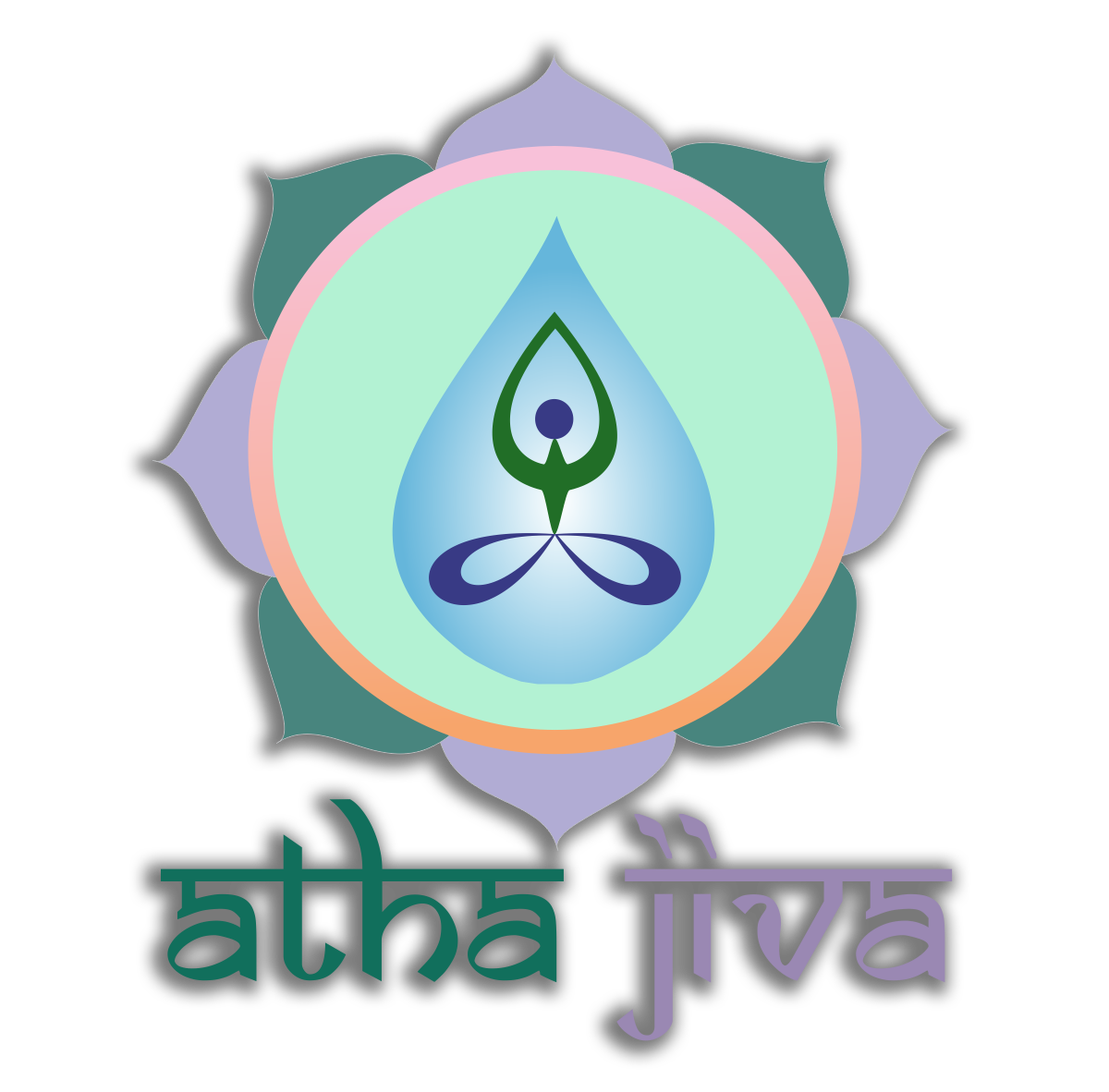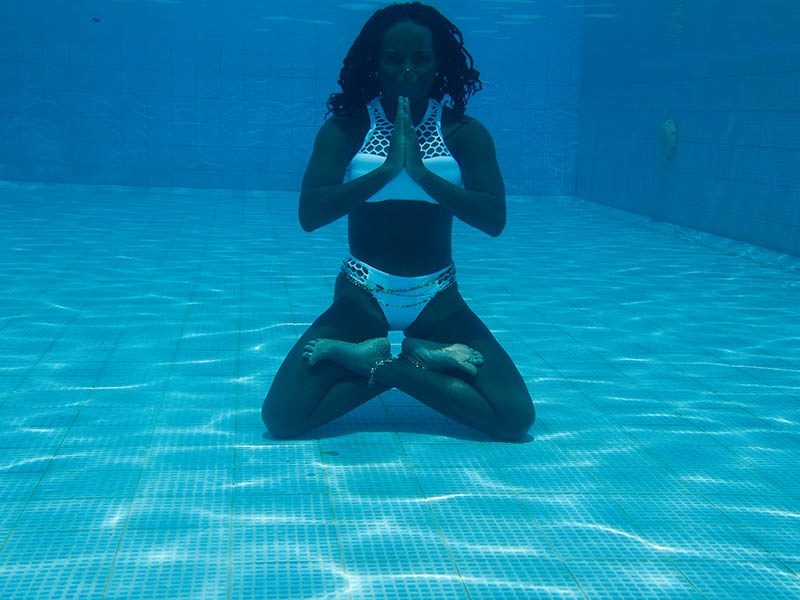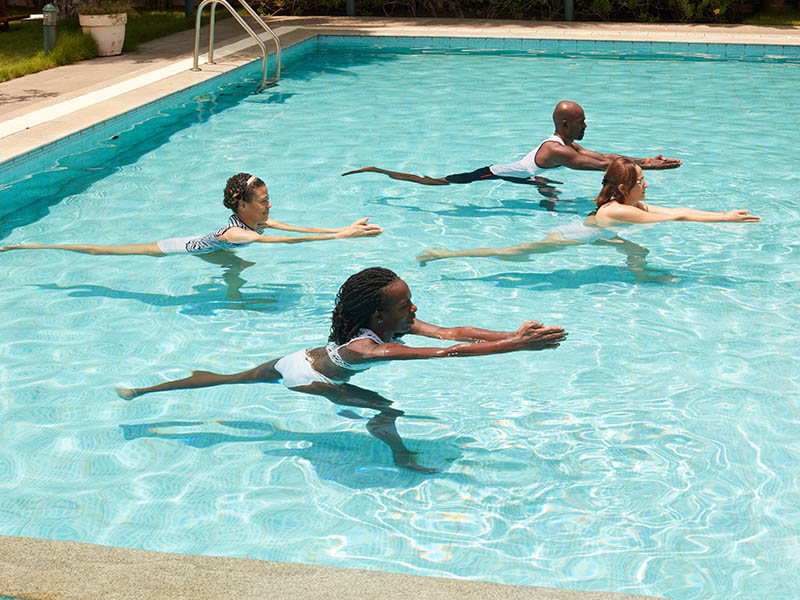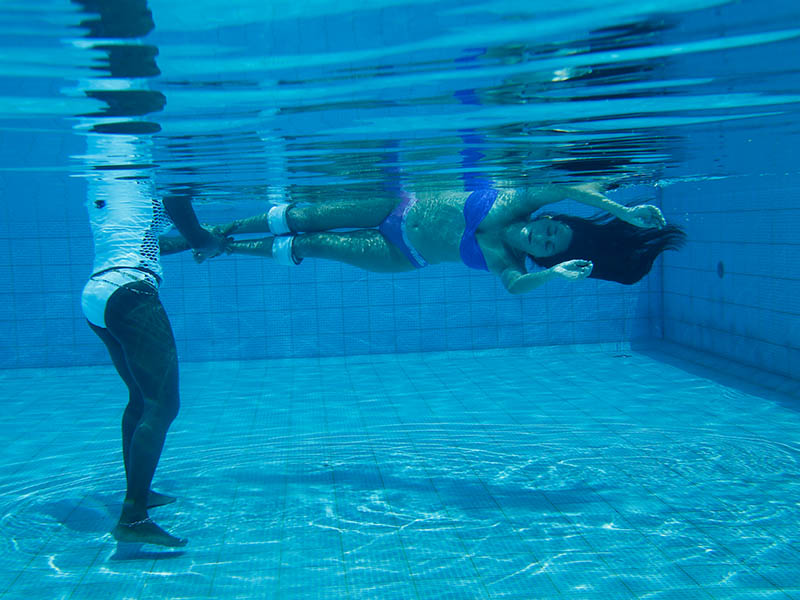The Atha Jiva therapeutic approach integrates the evidence-based psychological technique of Mindfulness-Based Cognitive Therapy with Holistic body, breath, and mindful practices for managing stress, anxiety, and depression.
We offer online sessions meeting you where you are on your unique journey. We work collaboratively with you to set achievable steps towards your health and wellness goals.
What are the benefits of Holistic Practices?
Mental health includes our emotional, psychological, and social well-being. It affects how we think, feel, and act. It also helps determine how we handle stress, relate to others, and make choices.
A Holistic approach to mental health takes into account all aspects of the individual, considering not only the diagnosis and symptoms but emotional and social factors.
Atha Jiva clients benefit from having clinically researched interventions, customized Holistic practices, and are held accountable for practicing the behaviors that are in keeping with their lifestyle goals.
By integrating holistic methods into the overall treatment plan, you are ensured a comprehensive approach to healing which improves clinical health and wellness outcomes.
What are the benefits of CBT versus Mindfulness-Based Cognitive Therapy?
Cognitive Behavioral Therapy (CBT) is a type of psychotherapy that aims to improve mental health by disrupting negative thought patterns in order to modify unwanted behavior. It is effective in treating mood disorders such as depression, stress and anxiety.
Mindfulness-Based Cognitive Therapy (MBCT) is an evidence-based therapy that combines the many therapeutic benefits of CBT with mindfulness meditation practices.
Research has demonstrated that MBCT is as effective as antidepressants in preventing depressive relapse or recurrence (Kuyken, 2015). This work was developed by Zindel Segal, Mark Williams and John Teasdale, based on Jon Kabat-Zinn’s Mindfulness Stress Reduction program.
Tools Therapy & Skills Development
Meditation
Breathwork
Mindful Movement
MBCT
Lifestyle Practices
Mindful Eating
Sleep Hygiene
Relationship Management & Self Care

As a Certified Yoga Therapist, I enjoy sharing this amazing therapeutic modality that is well known for addressing and healing many health concerns and emotional needs. Yoga Therapy is based on the view that Health and Wellness involves the whole person.
In general, group yoga classes are beneficial for increasing physical strength, balance, and flexibility. Whereas Yoga Therapy focuses on your specific health challenges by facilitating injury recovery, alleviating chronic pain, and improving overall well-being.
Most health concerns benefit from movement, breathwork, and stress reducing practices tailored towards your specific needs. IAYT certified Yoga Therapists are trained to apply Yogic techniques to rehabilitate specific health challenges of their clients. They also address supportive lifestyle practices to promote good health, prevent disease, and slow the progression of aging.
Who Can Benefit From Yoga Therapy?
Yoga Therapy is beneficial for Individuals suffering from acute symptoms of chronic diseases, by reducing the symptoms, and developing strategies for managing them. Yoga Therapy has been proven to be effective in treating many conditions including but not limited to the following:
- Allergies
- Anxiety
- Arthritis
- Asthma
- Attention Deficit Hyperactivity Disorder
- Autoimmune Disorders
- Back Pain
- Cancer – in terms of quality of life
- Carpal tunnel syndrome
- Chronic Pain
- Constipation
- Coronary artery disease
- Depression
- Diabetes
- Eating disorders
- Epilepsy
- Gastrointestinal disorders
- Hypertension
- Sleep Hygiene
- Stress Management
The Atha Jiva Yoga Therapy Method
Intake (Initial Consultation):
The initial intake inquires and assesses a client's health history, as well as current treatments and medications. It also takes into consideration current physical, mental, and emotional condition, and finally the client's health and wellness goals.
Yoga Practice:
We create a personalized practice that is tailored to suit your specific needs, capabilities, goals, and life circumstances.
Take Home:
You will be provided with a personalized practice containing easy to follow breathwork and movement illustrations.
Follow-Up Sessions:
Used to adjust and modify your personal practice according to your pace and progression. Clients are encouraged to share questions, concerns, as well as feedback from your practice.
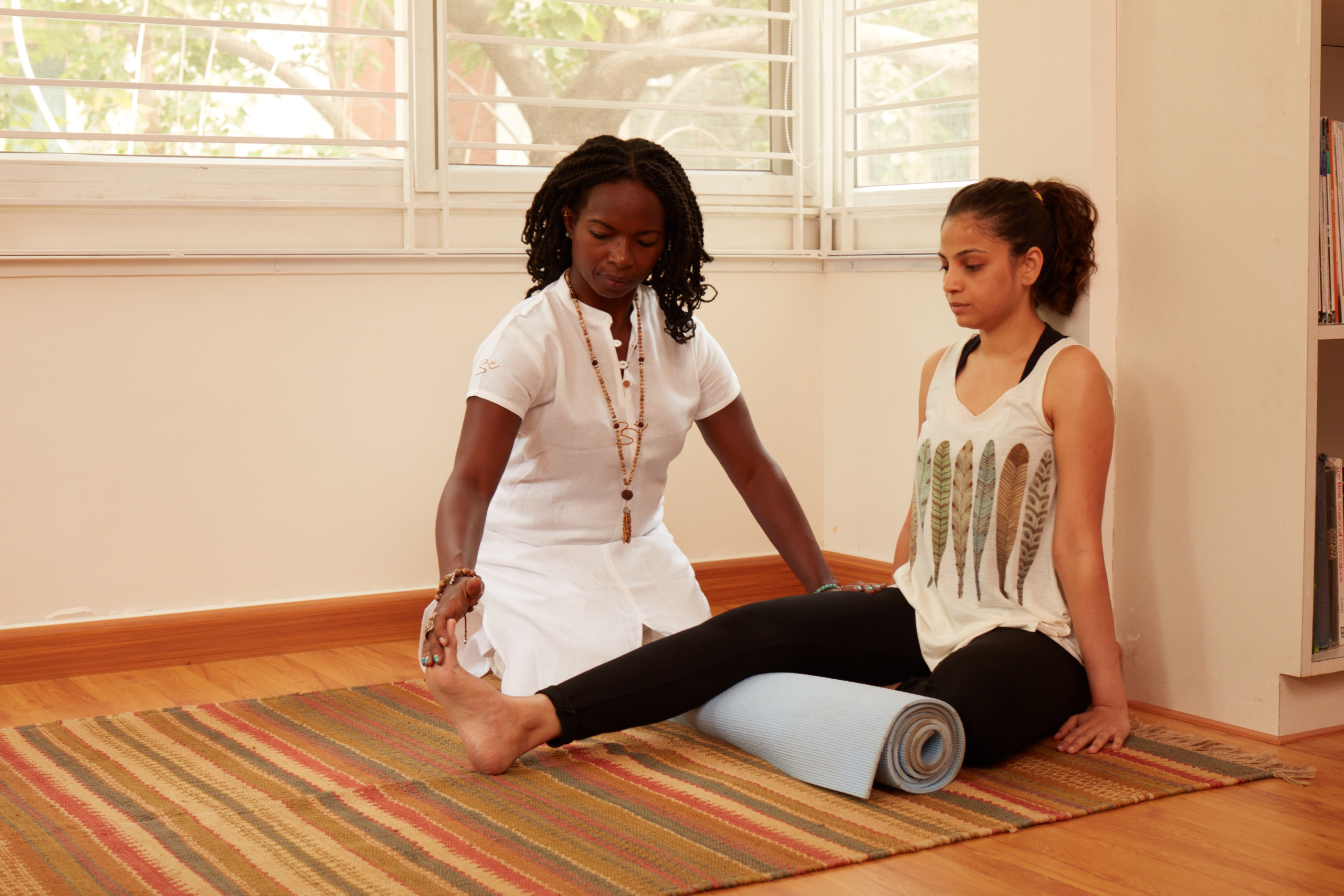
Watsu is a form of warm water therapy that has its roots in Shiatsu Massage. It is an aquatic bodywork practice used for deep relaxation and passive aquatic therapy.
Watsu sessions are One on One sessions in which I, your Watsu Practitioner gently float you through 98F warm water using stretching and mobilization techniques based on your individual needs.
Floating the body in warm water promotes a deep state of relaxation. When combined with the benefits of massage this has huge potential for relieving stress, pain management, as well as healing from emotional or physical trauma.
I heard about Watsu a few years before I had my first Watsu ‘experience”. Nothing I had been told about Watsu could have prepared me for the magical experience.
From the perspective of a Yoga Teacher and Yoga Therapist I immediately realized the benefits of Watsu for my clients: deepening their breathwork practice and helping to silence the mind.
The practice of presence and the opportunity to release deeply held tension and even trauma, both physical and emotional, while being pleasantly supported as you float in 98F warm water.
